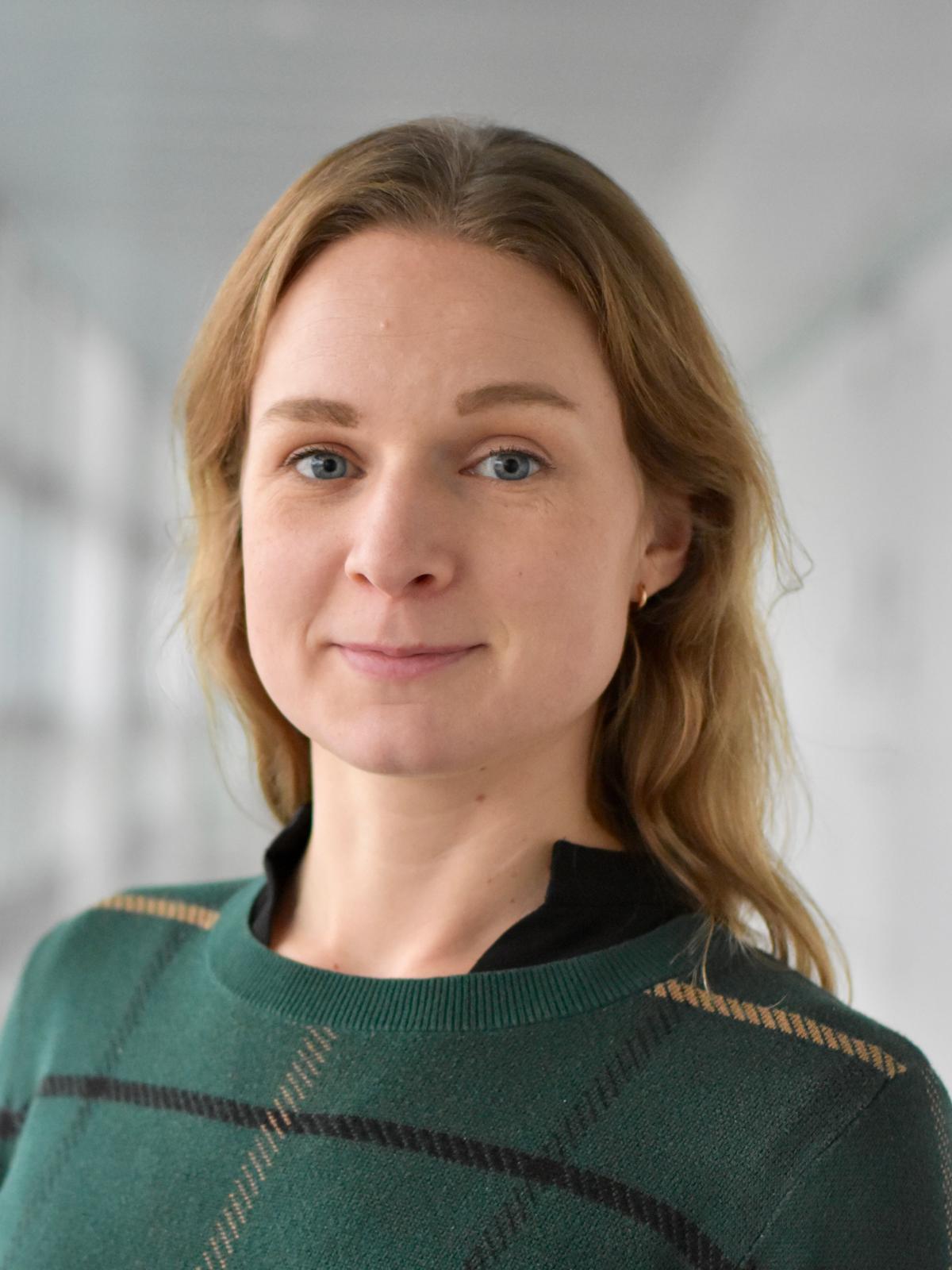Prof. Dr. Amy E. Fraley

Prof. Dr. Amy E. Fraley
Assistant Professor at the Department of Chemistry and Applied Biosciences
ETH Zürich
Professur für Medizinische Chemie
Additional information
Research area
Amy Fraley’s cross-disciplinary research program centers on natural products biosynthesis and combines foundational evolutionary questions with novel biotechnology applications. By understanding the enzymatic chemistry and tuning it toward selective biochemical transformations, she aims to provide sustainable sources for bioactive metabolites, many of which are viable therapeutics and powerful probes for understanding disease mechanisms.
Her work traverses the interface of life and pharmaceutical sciences while simultaneously addressing timely questions in environmental sustainability.
Honours
| Year | Distinction |
|---|---|
| 2024 | JSP Fellow of the Bürgenstock Conference |
| 2018 | Rackham Predoctoral Fellowship |
| 2018 | University of Michigan College of Pharmacy Research Excellence Award |
| 2017 | University of Michigan Life Sciences Institute Cubed |
| 2014 | American Institute of Chemist's Award in Biochemistry |
| 2013 | Yvonne and Sandra L. Turchi Biochemistry Endowment |
Additional information
Amy Fraley was born in Pennsylvania, USA where she studied Chemistry at Millersville University of Pennsylvania and earned her BSc in 2014. She then earned her PhD in Medicinal Chemistry in 2019 from the University of Michigan College of Pharmacy working in the laboratories of Prof. David Sherman and Prof. Janet Smith. There, she characterized the structures of enzymes involved in fungal indole alkaloid biosynthesis. These compounds contain a characteristic bicyclo[2.2.2]diazaoctane ring which is formed by a Diels-Alderase enzyme that Amy was involved in characterizing. During her graduate work, Amy discovered a new family of zinc-binding flavin-dependent halogenases that catalyze late-stage chlorination and brominaton of indole alkaloids. Subsequent structure-based engineering resulted in a suite of regioselective halogenation biocatalysts. Her interest in flavoenzyme biochemistry led to a second discovery of a flavin-dependent monooxygenase family responsible for the selective formation of spirooxindole centers. By combining the biocatalytic potential of these flavoenzymes, she generated a library of natural and new-to-nature indole alkaloids that were ultimately used to probe protein-protein interactions implicated in cardiovascular disease mechanisms.
She then moved to the ETH Zürich Institute of Microbiology for postdoctoral studies in the laboratory of Prof. Jörn Piel, with a focus on the biosynthesis of anticancer polyketides by marine symbiotic bacteria. Following biochemical investigations into one of the most versatile biochemical assembly lines characterized to-date, she pursued the cryptic formation of a cis-double bond in the sponge-associated anticancer molecule peloruside. She discovered that the biosynthetic pathway includes a novel mechanism for incorporation and maintenance of this moiety, and ultimately defined the catalytic amino acids responsible for this new transformation.
In January 2024, she became the Assistant Professor of Medicinal Chemistry in the Institute of Pharmaceutical Sciences and the Department of Chemistry and Applied Biosciences at ETH Zürich.
ORCiD: 0000-0002-4950-0538
Course Catalogue
Autumn Semester 2025
| Number | Unit |
|---|---|
| 529-0962-00L | Fundamental Aspects of Chemistry with an Educational Focus I |
| 535-0011-00L | Drug Seminar |
| 535-0333-00L | Pharmaceutical Biology |
| 535-0900-00L | Seminars on Drug Discovery and Development |